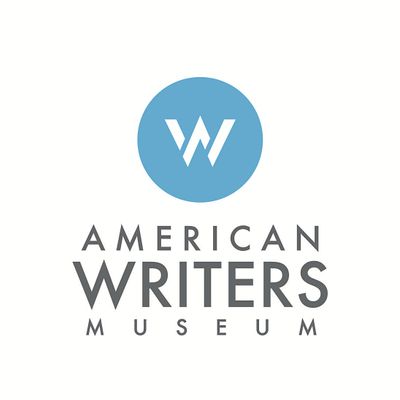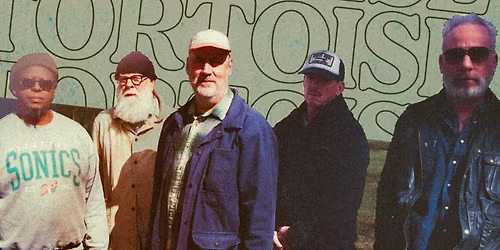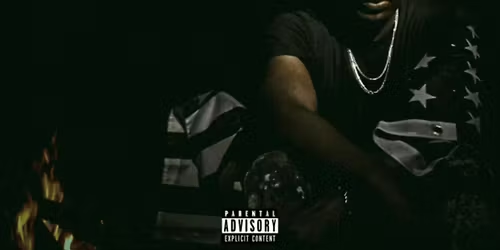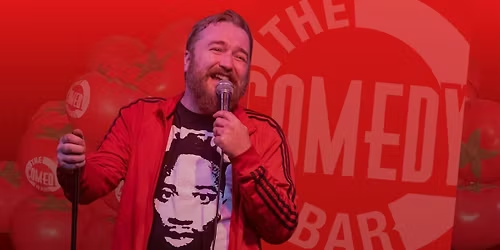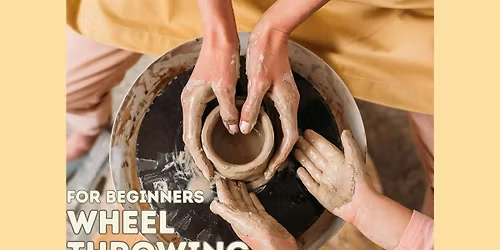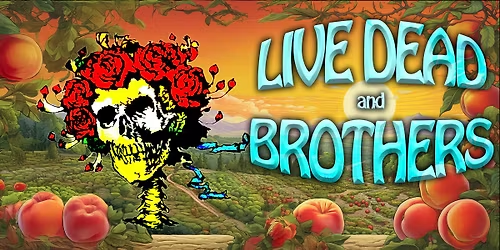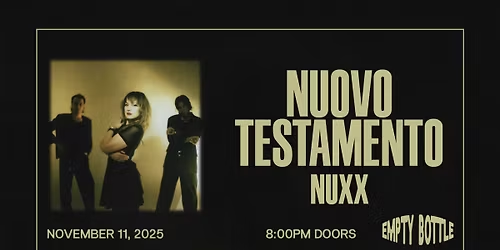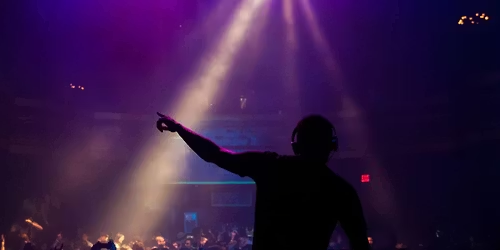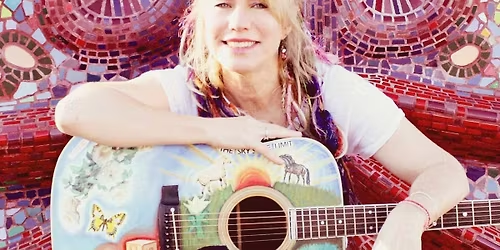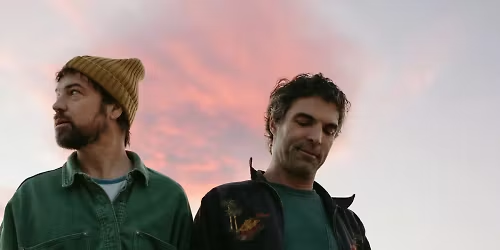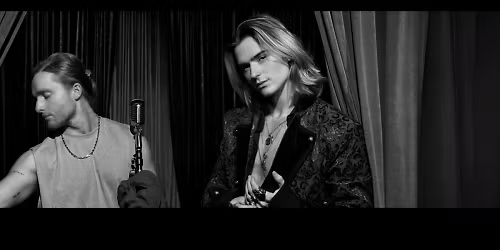
About this Event
Scholar Thomas A. Tweed visits the American Writers Museum to discuss his new book Religion in the Lands that Became America. A sweeping retelling of American religious history, Tweed shows how religion has enhanced and hindered human flourishing from the Ice Age to the Information Age. Tweed is joined in conversation by fellow Indigenous Studies scholar John N. Low. Books will be available for purchase and Tweed will sign them following the program.
This is an in person program at the American Writers Museum. This program will also be livestreamed, and you can .
This program is presented in conjunction with the AWM's forthcoming special exhibit , opening November 2025. American Prophets is supported by a grant from Lilly Endowment Inc. through its Religion and Cultural Institutions Initiative.
More about Religion in the Lands that Became America:
Until now, the standard narrative of American religious history has begun with English settlers in Jamestown or Plymouth and remained predominantly Protestant and Atlantic. Driven by his strong sense of the historical and moral shortcomings of the usual story, Thomas A. Tweed offers a very different narrative in this ambitious new history. He begins the story much earlier—11,000 years ago—at a rock shelter in present-day Texas and follows Indigenous Peoples, African Americans, transnational migrants, and people of many faiths as they transform the landscape and confront the big lifeway transitions, from foraging to farming and from factories to fiber optics.
Setting aside the familiar narrative themes, he highlights sustainability, showing how religion both promoted and inhibited individual, communal, and environmental flourishing during three sustainability crises: the medieval Cornfield Crisis, which destabilized Indigenous ceremonial centers; the Colonial Crisis, which began with the displacement of Indigenous Peoples and the enslavement of Africans; and the Industrial Crisis, which brought social inequity and environmental degradation. The unresolved Colonial and Industrial Crises continue to haunt the nation, Tweed suggests, but he recovers historical sources of hope as he retells the rich story of America's religious past.
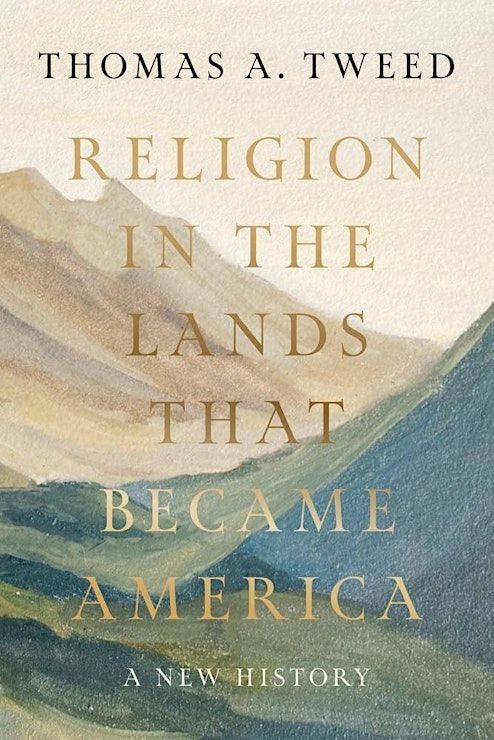
Praise for Religion in the Lands that Became America:
"Tweed wants to leave an open space for hope... What [this book] can do is remind readers of how religion in American society is something longer and more complicated than organized religion." —Karis Ryu, Arc
"The most startling, groundbreaking, and encyclopedic account of American religious development published in the last half-century." —Jon Butler, author of God in Gotham: The Miracle of Religion in Modern Manhattan
"This is a magnificent achievement. Tweed has crafted a truly new narrative, brilliantly conceived and breathtaking in its scope. Eminently readable and deeply engaging, it inaugurates a new era in American religious history." —Ann Taves, University of California at Santa Barbara
"Rejecting myopic 'traditional' framings, Tweed takes the reader on an engaging and necessary journey through the narratives, beliefs, and practices of those who have lived in the land currently called America. This is a story with more characters, more places, and more voices—a better history for everyone." —Agustín Fuentes, author of Why We Believe
THOMAS A. TWEED is the Harold and Martha Welch Professor of American Studies and professor of history at the University of Notre Dame. A past president of the American Academy of Religion, he is editor of Retelling U.S. Religious History and author of Crossing and Dwelling: A Theory of Religion and Religion: A Very Short Introduction.
JOHN N. LOW received his Ph.D. in American Culture at the University of Michigan, and is an enrolled citizen of the Pokagon Band of Potawatomi Indians. He is also the recipient of a graduate certificate in Museum Studies and a Juris Doctorate from the University of Michigan. He earned a BA from Michigan State University, a second BA in American Indian Studies from the University of Minnesota, and an MA in Social Sciences from the University of Chicago.
Professor Low previously served as Executive Director of the Mitchell Museum of the American Indian in Evanston, Illinois, and served as a member of the Advisory Committee for the Indians of the Midwest Project at the D’Arcy McNickle Center for American Indian and Indigenous Studies at the Newberry Library, and the State of Ohio Cemetery Law Task Force. He has presented frequently at conferences including the Native American and Indigenous Studies Association (NAISA)), American Society for Ethnohistory (ASE) and the Organization of American Historians (OAH). He continues to serve as a member of his tribes’ Traditions & Repatriation Committee.
Event Venue & Nearby Stays
American Writers Museum, 180 N. Michigan Avenue, 2nd Floor, Chicago, United States
USD 10.38 to USD 12.51
